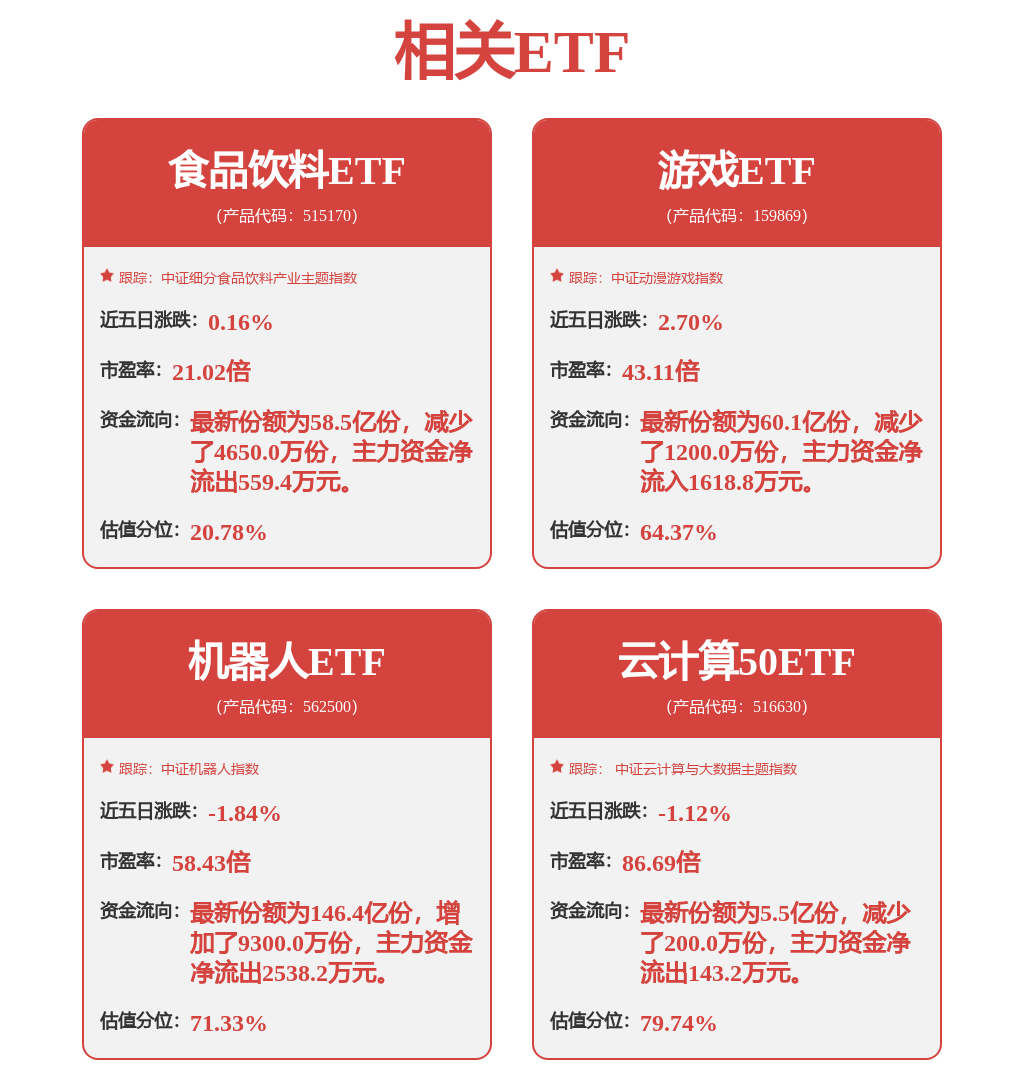401(k) servicing industry sounds alarm over tax changes
NEW YORK (Reuters) - As the debate around tax reform grows more heated, broker-dealers and other companies that service retirement plans offered by employers are increasingly concerned that the tax benefits of 401(k) plans are on the chopping block.
An industry group that normally works behind the scenes, the American Society of Pension Professionals and Actuaries, on Monday launched a media campaign intended to educate U.S. employers and workers that the federal government might consider changing the tax benefits of retirement savings accounts.
That worries the ASPPA because Americans might end up saving less, and some smaller employers might eventually decide to discontinue their own 401(k) plans.
The "Save My 401(k)" campaign includes a website, Facebook page, Twitter feed, and even an online videogame. The budget is undisclosed but is in the six figures, according to the ASPPA's chief executive, Brian Graff.
The goal of the media campaign, said Graff, is to raise awareness among employers and employees that they may be in danger of losing some of the tax breaks surrounding their 401(k) plans.
The ASPPA has 11,000 member companies including broker-dealers and record keepers who service the retirement savings plans offered by U.S. employers.
In the wake of the November U.S. elections, the federal government is mulling a possible increase in taxes as a means of reducing the federal budget deficit.
A full-scale tax reform could cut or limit specific tax breaks as a way of lowering overall tax rates. President Barack Obama has said he will raise taxes for wealthy Americans, and trade groups representing both employers and financial services firms have voiced concerns that the tax benefits of 401(k) plans could be slashed.
"The last time Congress made major changes to the tax code, there was a drop in 401(k) contributions by more than 70 percent," Graff said in an interview.
Under the current system, investors who place money in their 401(k) plans do so on a tax-deferred basis, which means they pay no taxes on that money until they withdraw it from the plan.
At present, employees are allowed to put $17,000 a year into their 401(k) plans. In 2013, that amount is scheduled to increase to $17,500.
ASPPA officials have been in talks with members of Congress about their concerns, but the industry group believes it should now reach out to investors, given the importance of the situation, Graff said.
"Everyone we met with said we had a great story, but they said they had to hear from the constituents."
Through the "Save My 401(k)" campaign, ASPPA members - including large brokerage firms such as UBS, Bank of America Merrill Lynch and LPL Financial - intend to reach out to clients and encourage them to write letters to Congress.
Chief among ASPPA's concerns is that if 401(k) plans lose some tax advantages, small businesses may terminate their plans because the costs will outweigh the benefits, Graff said.
Currently, 84.5 percent of all 401(k) plans are offered by businesses with fewer than 100 employees, according to the Employee Benefit Research Institute.
ASPPA's goal is to have a total of 250,000 emails sent to members of Congress over the next six months, Graff said. "We have never done anything close to this scale," he said.
(editing by Matthew Lewis)
(c) Copyright Thomson Reuters 2012. Check for restrictions at: http://http://www.zjjv.com///fulllegal.asp




